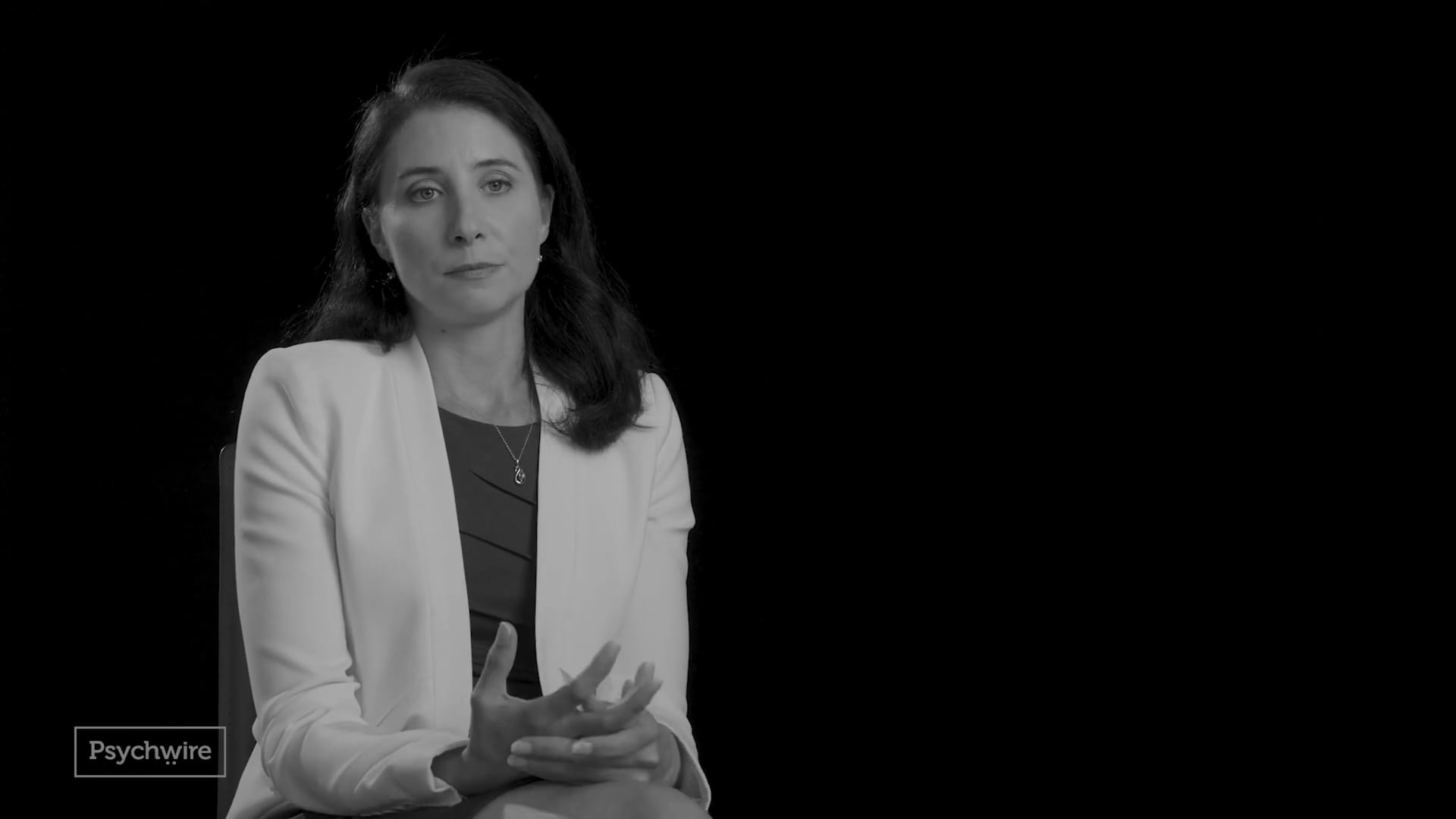
Building Tolerance of Uncertainty
 CBT for Anxiety Disorders
CBT for Anxiety DisordersSo there was a patient with generalized anxiety disorder that we worked with who was really fearful about her son having a health scare. And that specific fear was that he would go out onto the football field, he would get really overheated, and he would, pass out and die, have some sort of heat stroke. And so she really got herself worked up about it, debated whether she should allow him to play football, got really nervous when the days were hot and the practices were long, and would really consistently instill this message with him that you need to tell your coach if you're overheated. I don't care what you're in the middle of. You need to pause for water if you're not feeling well. And she would repeat this messaging with him over and over and over again.
And what we realized is that it wasn't serving her anxiety very well to repeat this phrasing over and over again. So was she un-- unsure or uncertain whether he would have a health incident because of being overheated? Yes. But she wasn't tolerating the waiting period very well, and it ruined all of the football that she was watching. And so we really helped her try to dial down what we'd call some of the safety behaviors or the reassurance seeking that she was engaging with, with her son.
And we did a, a little bit through the imaginal process. So we had her imagine, what if one time I don't tell him to be careful and tell his coach? Would all of the coaching that I've done for him already, all of the indoctrinating that I've done for him already about the importance of getting to the sideline and drinking water and resting when you don't feel well. Will all of that go out the window because I didn't say it this one time? And so we found a way to sort of start challenging it there, and then found ways for her to focus her attention during those football matches on the things that she... the, the reason she wanted to go and support him and sort of the value-based reasons she was at football practice, and having some of the, the chatter about how hot it was and how strenuous this was for him move a bit to the background and so that was sort of cognitive exercise that took some practice, but she was able to do that over time.
Behaviorally she was able to keep him in football, and that was, of course, a win. Anne was able to see some disconfirmation that he was able to get to the sidelines and take breaks, that his coach was more responsive when it was hot out than she originally thought. So, objectively, nothing bad happened, and she's able to get that disconfirmation, with some work with us.